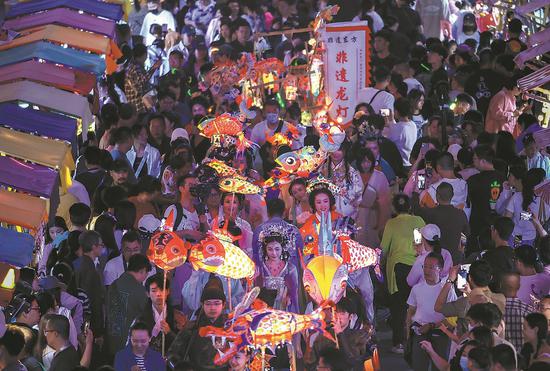
Yueliang River Art Town, a scenic spot in Beijing, bustles with tourists who have gathered to partake in activities celebrating the Mid-Autumn Festival on Sunday. (GUO QIAN/FOR CHINA DAILY)
Chinese people have shown strong spending power during the Mid-Autumn Festival, with many sectors such as tourism and postal services marking vigorous growth during the three-day vacation.
The latest figures from the Ministry of Culture and Tourism show that domestic tourism spots received about 107 million visits over the holiday, up 6.3 percent from that of 2019 — before the COVID-19 epidemic.
The celebrations that lasted for three days, from Sunday to Tuesday, was one of China's major four traditional festivals, while the other three are Spring Festival, Tomb-sweeping Day and Dragon Boat Festival.
Diversified celebrations including making and eating mooncakes, guessing lantern riddles and watching the full moon are organized by families for amusement during the festival that concluded on Tuesday.
Among the industries closely related to people's livelihood, tourism shows tremendous performance though Typhoon Bebinca landed in Shanghai on Monday, and disrupted travel plans of some travelers.
Travelers' expenses reached over 51 billion yuan ($7.19 billion), rising by 8 percent compared with 2019 when the holiday was celebrated in mid-September. Last year, the holiday coincided with the National Holiday.
Travelers opted for short-distance or night tour events considering the shorter duration of the holiday and as the main activity of the celebration is enjoying the full moon in the company of loved ones. East China's Fujian province said that the tourist visits to its scenic spots per night was around 2.06 million over the holiday, with the number increasing by 19.5 percent compared with that in 2019.
Domestically, destinations with heavy Chinese cultural vibes and various folk amusement events marked "travel craze", such as lantern fairs and Chinese opera performance, said the ministry.
The inbound and outbound tourism market is not inferior to the domestic market in any respect. The National Immigration Administration announced on Wednesday that mainland's border inspection offices recorded about 5.25 million entries and exits for both Chinese and foreign individuals over the three-day holiday, marking a year-on-year rise of 18.6 percent.
Among them, mainland residents made around 2.63 million entries and exits, up 15.1 percent year-on-year, while the number of foreign individuals jumped by 62.2 percent year-on-year to 554,000.Residents from Hong Kong and Macao special administrative regions and Taiwan totaled 2.07 million entries and exits over the holiday, marking a 7.3 percent year-on-year increase.
Residents' strong spending power also spilled over to other sectors during the holiday. Beijing, one of the nation's major cities with dense population and strong consumption power, recorded the sales volume reached around 4.7 billion yuan over the holiday, including shopping malls, supermarkets, restaurants and online sales, the China Central Television said citing figures from the Beijing Municipal Commerce Bureau.
The postal and courier industry also saw a surge in parcel deliveries across China during the holiday.
The State Post Bureau of China said on Wednesday that courier companies collected approximately 1.31 billion packages during this year's three-day holiday, marking a 35.4 percent increase in daily collections compared to last year's Mid-Autumn Festival. Meanwhile, deliveries surged to around 1.407 billion packages, reflecting a remarkable 45.7 percent year-on-year growth.








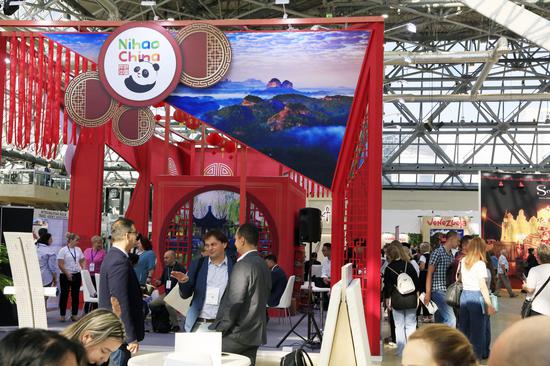
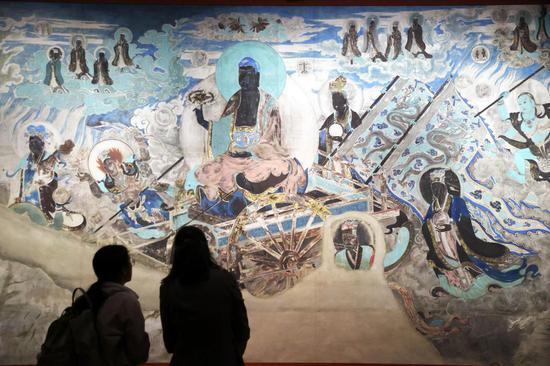
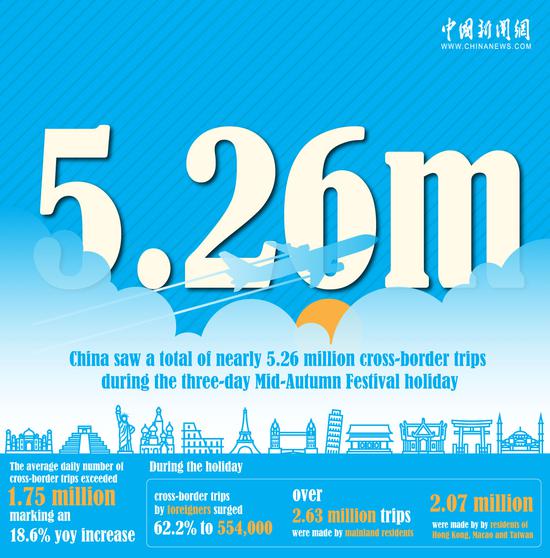
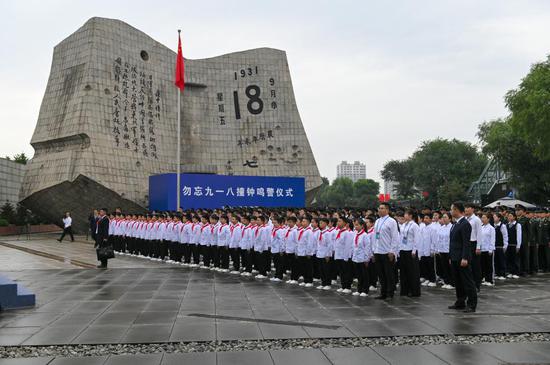

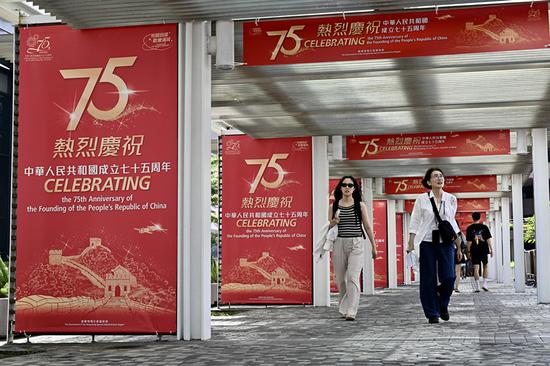
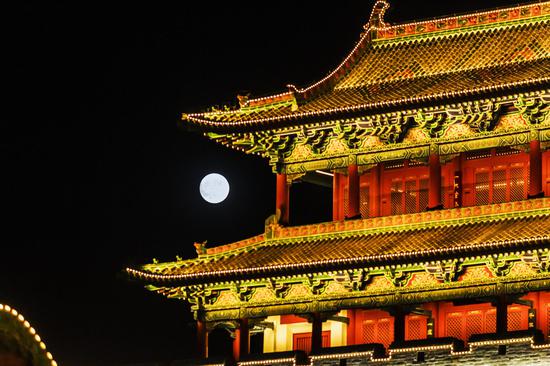
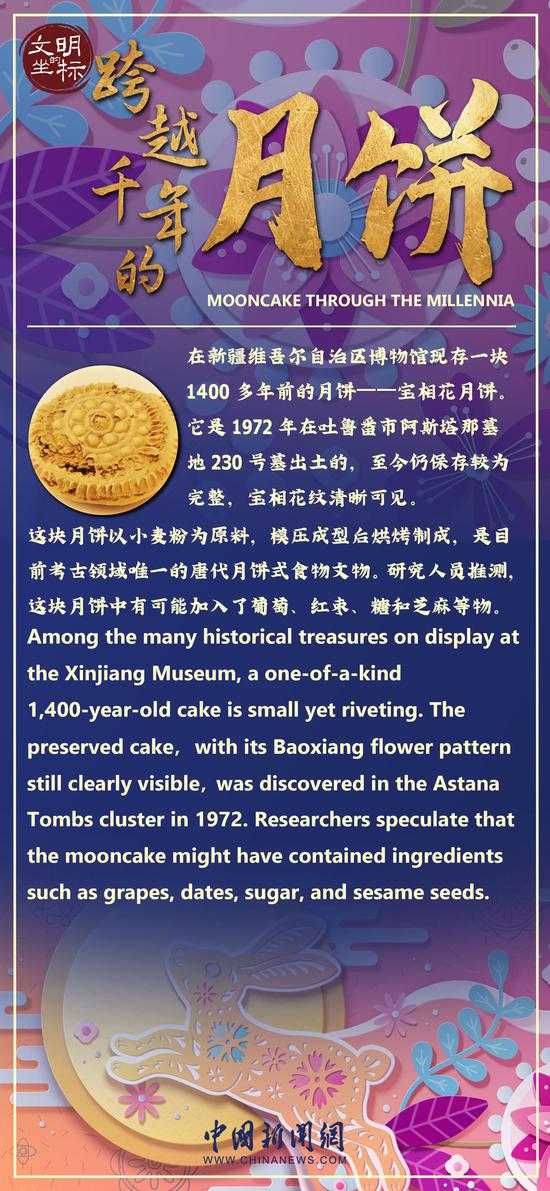
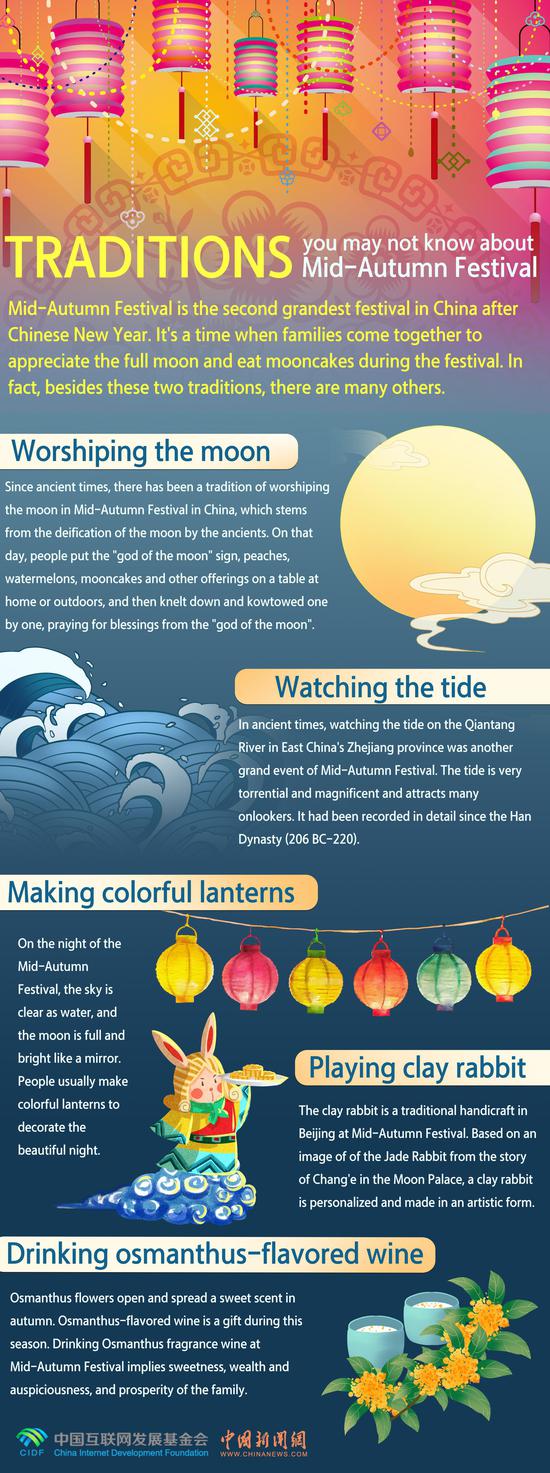
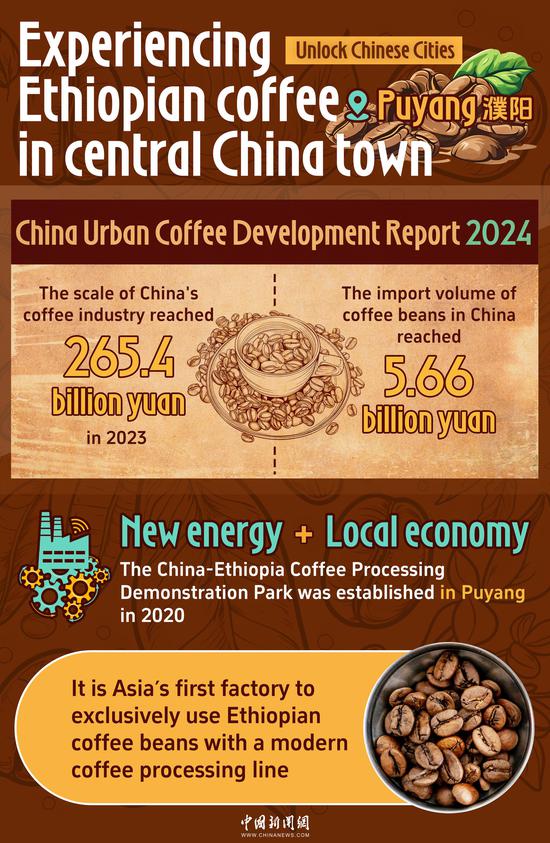
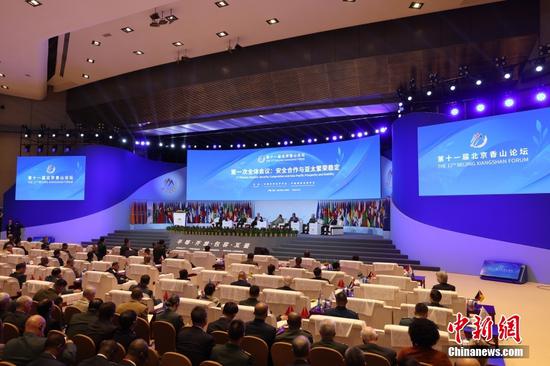


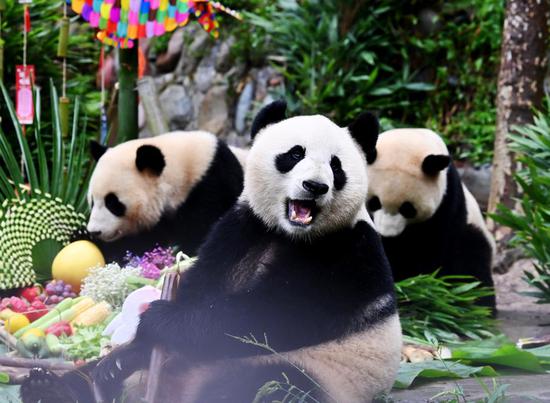

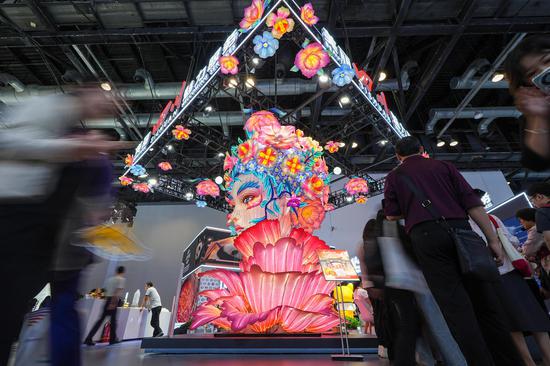
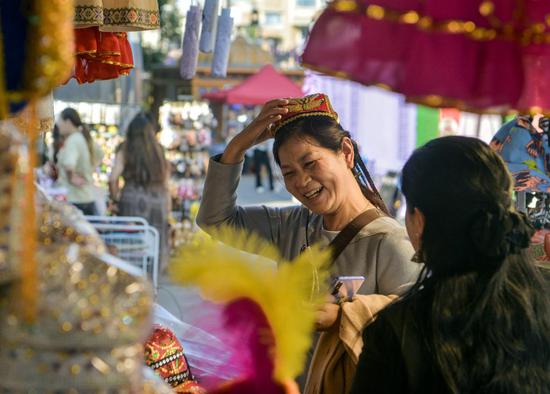

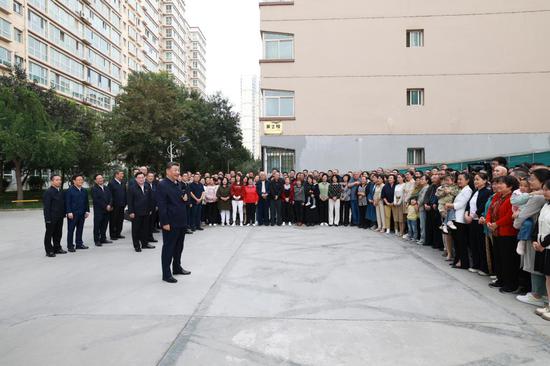
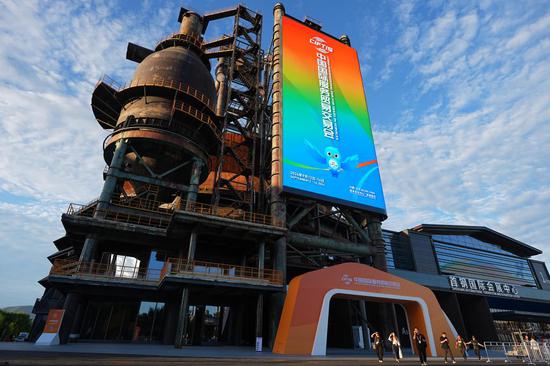
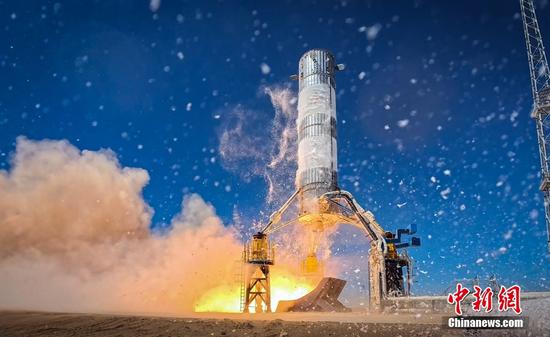



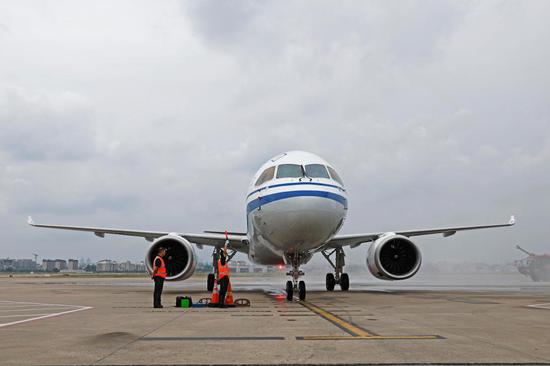
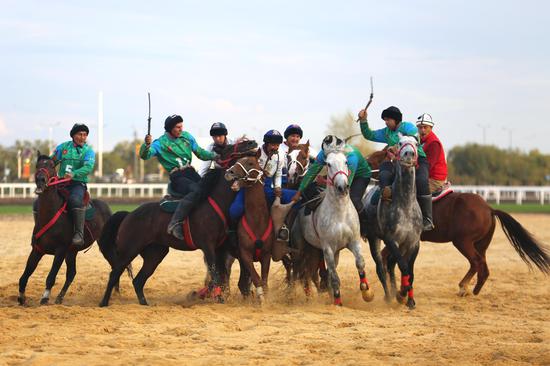
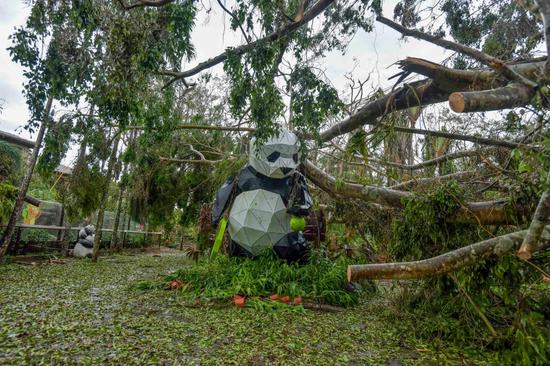
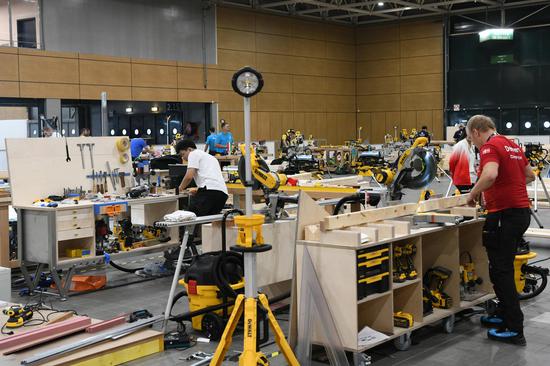

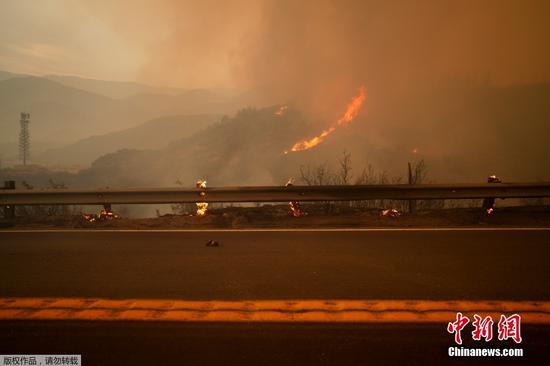
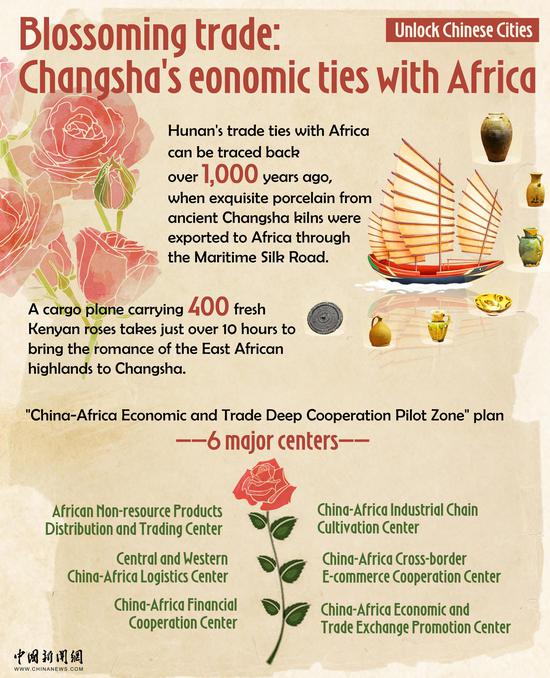
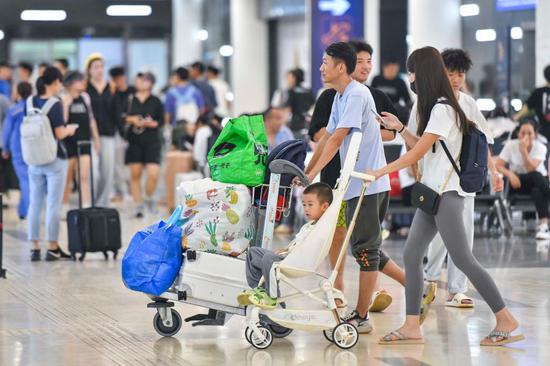


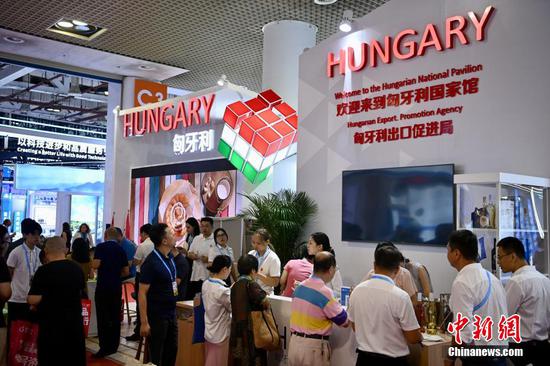
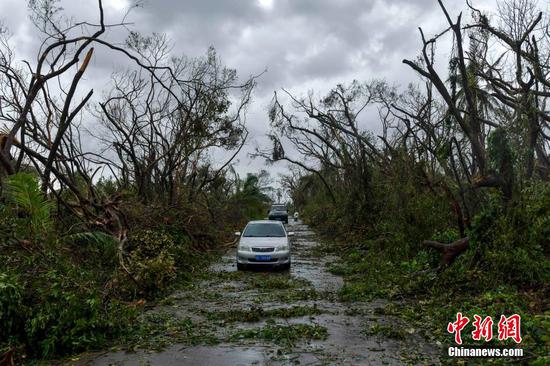






 京公网安备 11010202009201号
京公网安备 11010202009201号